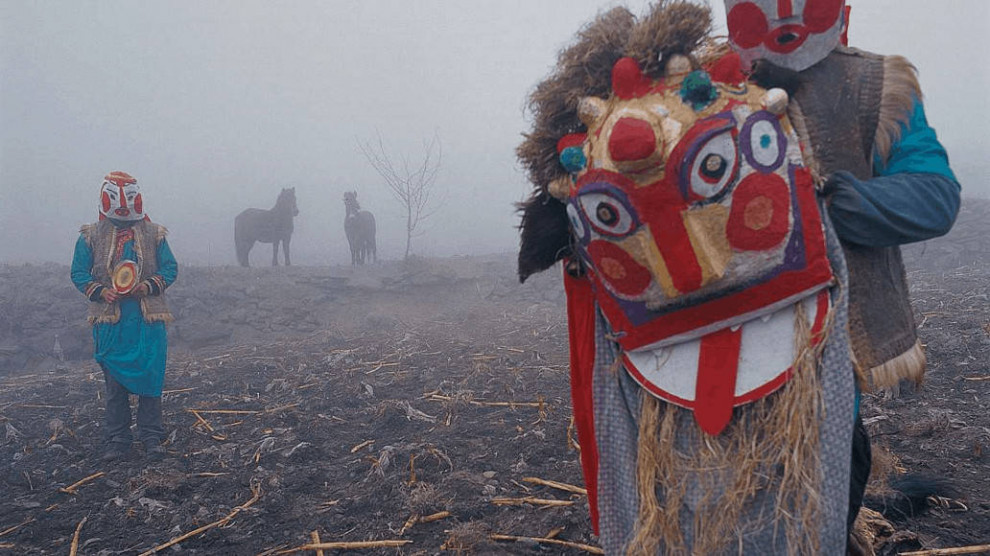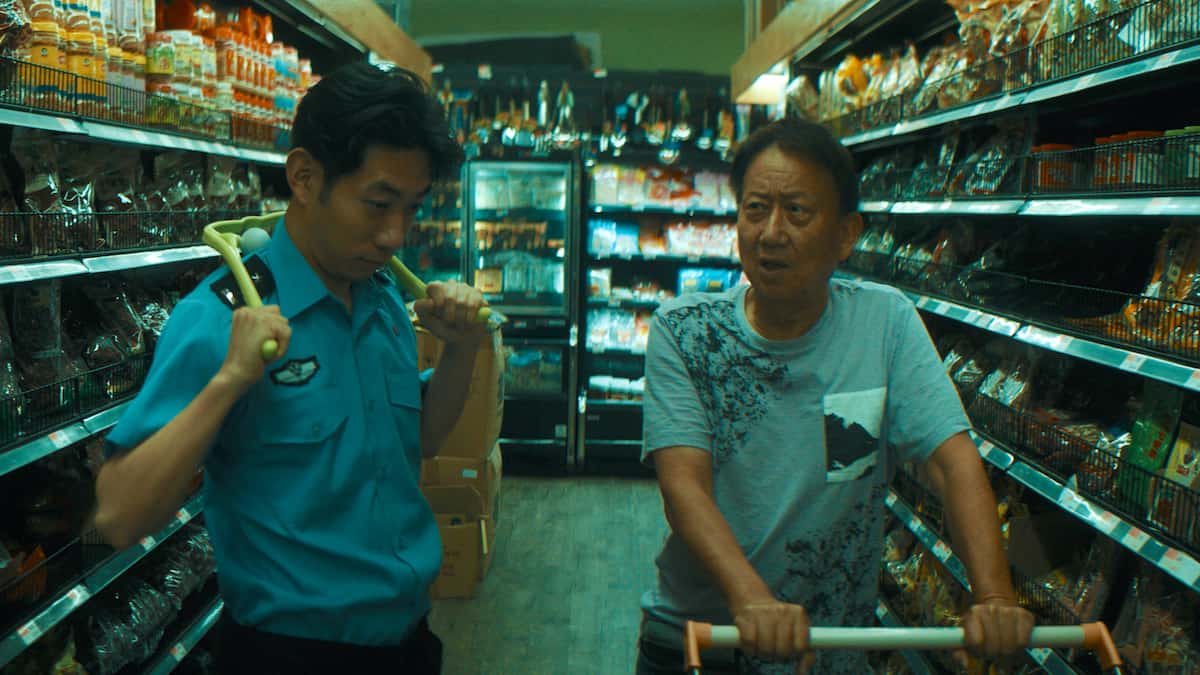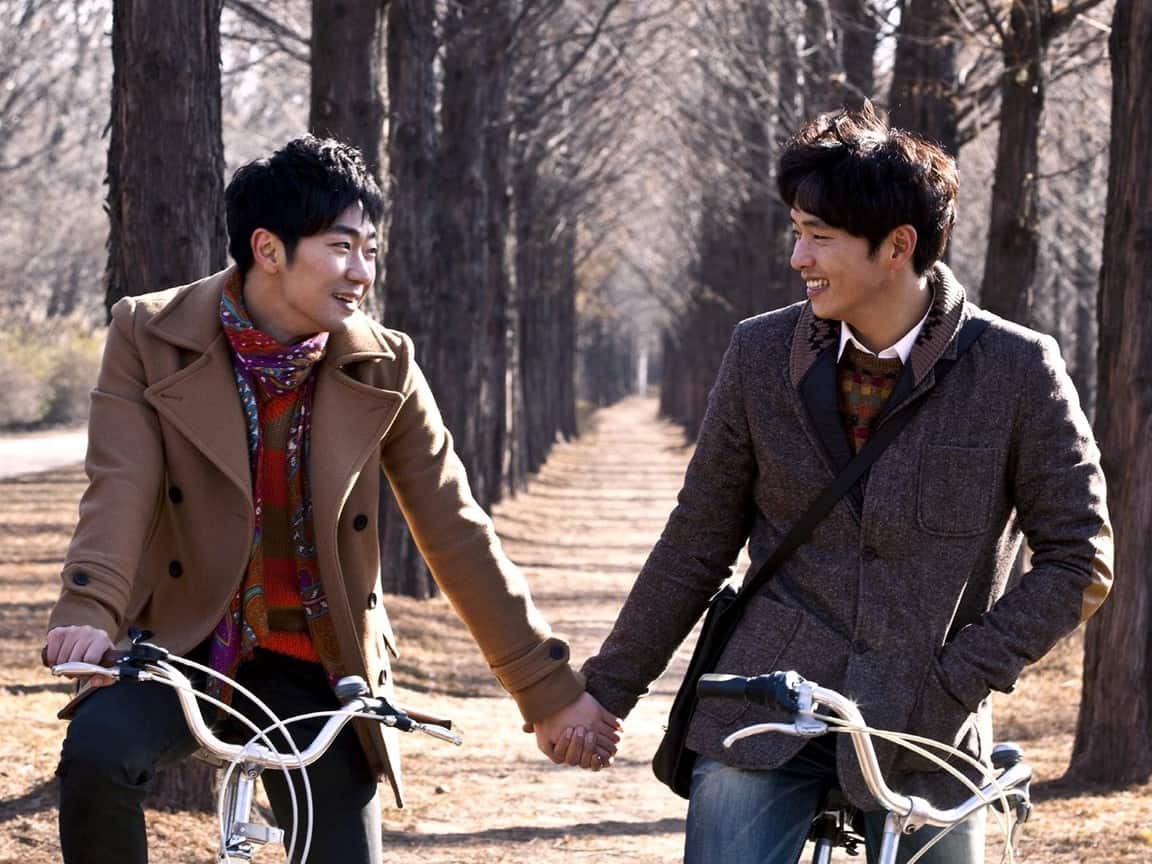Ever since the topic of immigration has come back to the attention of global audiences, the global political discourse has focused on concepts of integration, quotas and prevention, often with the result of giving birth or adding fuel to the populist agenda. While vague by nature, the idea of home is often somewhat neglected within these discussions, even though it heavily influences them since, on the one hand, people have been mostly violently severed from their roots and homes whereas others feel their home is threatened. To go even deeper, a new home (or even a second one) implies for many the chance of a new beginning, but also many become lost in the feeling of being homesick or rather the grief about what has been left behind, which sometimes gets in the way of finding your way in a new environment.
“Qiang's Journey” is screening at DOK.Fest Munich

After the disastrous 2008 Sichuan earthquake, causing the death of 70.000 people and leaving millions without a home, the Qiang, an ethnic minority which used to live on the borders of the Tibetan highlands, was forced by the Chinese state to relocate and resettle. In his documentary “Qiang's Journey”, Chinese photographer Tuni Gao follows the difficult process of the Qiang people to find a new home and establish a new life somewhere else. Beginning just months after the earthquake in November 2008, Gao's camera shows the various feelings and experiences connected to this drastic shift in the lives of people. However, in the middle of the movie we see the situation in 2017 with the Qiang now resettled. Again, Gao searches for his former interviewees, attempting to find out whether their feelings have changed, if they have found a new home or if they still miss the old one.
In many ways, you might call Gao's approach anthropological, as the camera takes a look at the life of the Qiang before and after the process of relocation. Through various conversation with young and old members of the Qiang, his audience observes a variety of reactions linked to this process, a change made even more drastic given the short amount of time people had to prepare, and the fact they had to leave their homes, livestock and fields behind. Even though they are faced with existential questions, some of which have not been fully resolved nine years later, especially the young, which have come back to their birthplace to help their parents in these difficult times, also see a chance for a new start and a change of the ways of their people.

Interestingly, Gao sees the existential questions that come along with this development, but also focuses on the spiritual dimension. Especially for the older generation, the idea of leaving behind the graves of their ancestors and the memories to their gods, is perhaps even more severe than selling their land or their cattle. As Gao's camera repeatedly highlights the spiritual aspects of Qiang life, we slowly come to understand the enormous loss for these people, how feeling at home anywhere else is closely linked to these rituals and tradition, and perhaps has even become impossible. The answers to the question posed by these often heart-breaking images may shed some light on the spiritual dimension of immigration, or relocation and how they are relevant for people to find a new home.
“Qiang's Journey” is a powerful study about the concepts of home and migration from the perspective of the Qiang. Considering its director's thoughtful approach to his subject, Tunzi Gao has managed to make a very topical documentary which may open up an unexpected, but nevertheless vital perspective on the aforementioned issue.















